Tshisekedi’s tricks are becoming less and less convincing
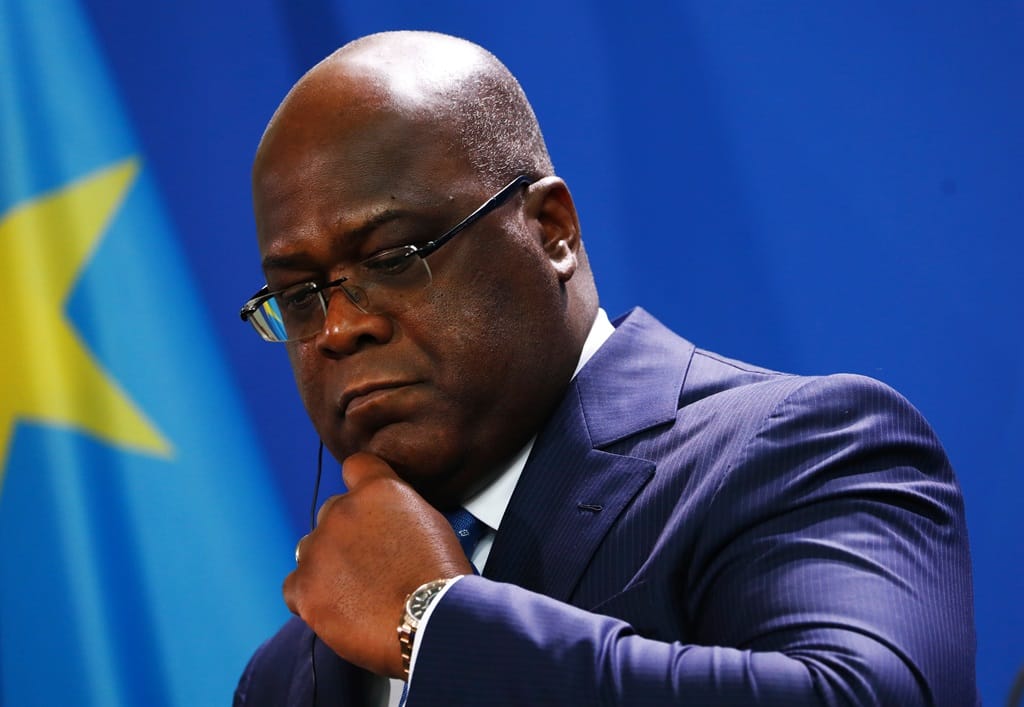
The Angolan government's negotiating efforts to bring together the Congolese government and the M23 are turning into a major debacle. Tshisekedi claims that the rebel movement is a Rwandan setup and insists that only an agreement with the Rwandan government holds any value. Meanwhile, the FARDC is losing ground on the battlefield. Their massive offensive in northern Kivu has stalled, and the M23 has once again managed to capture an entire arsenal of heavy weaponry.
Currently, the M23 is engaged in fierce fighting with the FDLR in the Walikale region. The Hutu extremists have suffered significant losses and are now separated from their families.
“Our troops are engaged in intense combat with the FDLR near Walikale, in a small village called Kanune, not far from Bulehuse,” a high-ranking M23 official told us. “The FDLR is putting up strong resistance. They relocated their families to this area after we liberated the Kishishe-Bambo (‘Domaine’) zone a few years ago. They believed they would be safe there, but we were well-informed about their positions. They are fighting hard to allow their families to escape, and once that happens, they will retreat as well. We will track them down, and we have already killed many of their fighters.
"We’ve also noticed that the Congolese Hutu militias, known as the Nyatura, are becoming increasingly reluctant to join the fight. If we maintain this pressure, the FDLR could be defeated very soon, despite the FARDC providing them with new weapons. Tshisekedi is delaying direct talks, but this gives us more time to consolidate our positions, eliminate the FDLR, and establish well-functioning local administrations. Ironically, his hesitation is only making us stronger by the day!”
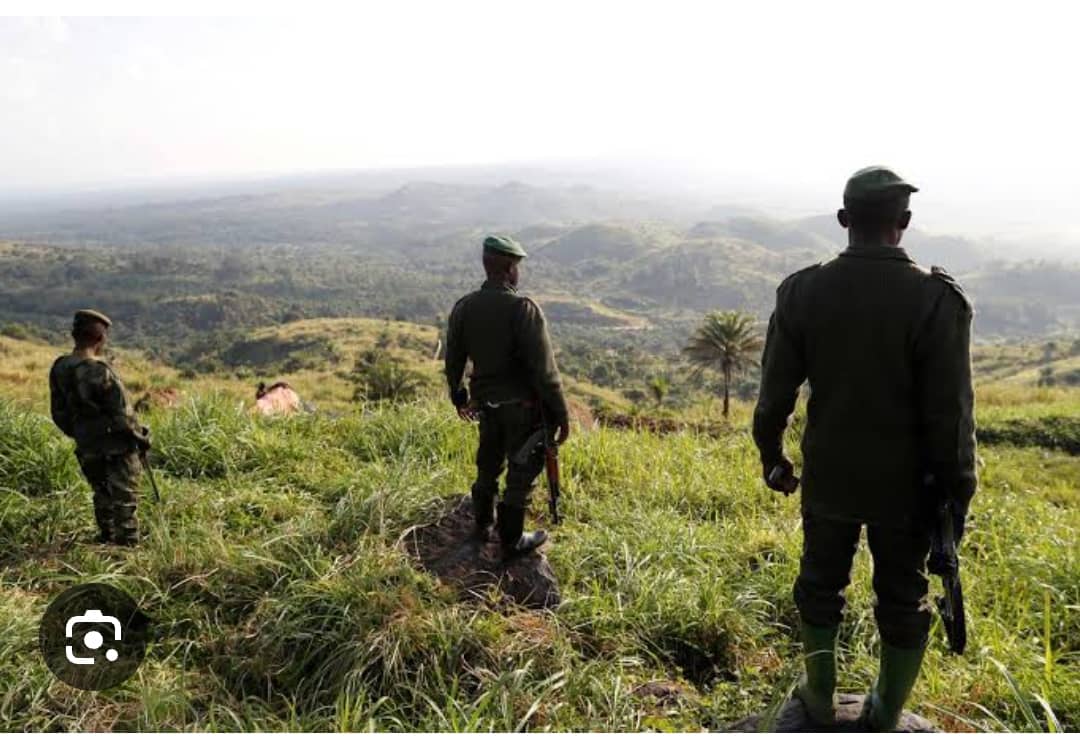
Bottleneck
“The FARDC offensive in the north, around Lubero, stalled for fairly obvious reasons,” explains a foreign military observer in Goma. “The FARDC claims to have deployed more than 20,000 troops in this fight, supported by heavy weapons and tanks. However, they fell into the same trap the M23 has repeatedly set for them. Moving such a large force is only feasible on relatively good roads, and the terrain in this region is extremely hilly. As a result, the road between Lubero and Kanya Bayonga became clogged and turned into a bottleneck. “
"The M23 strategy was simple: withdraw from a few villages, lure the FARDC in, and then cut off their supply lines. Once this was achieved, the FARDC coalition collapsed and retreated, leaving behind a significant amount of weaponry. Tshisekedi had launched this offensive to gain leverage at the negotiating table in Angola. Many believe that if the FARDC had succeeded in advancing, he would have agreed to talks with the M23.”
“The FARDC also lacks the confidence to win this war. It is paralyzed by fear and has no motivation to fight,” adds an FARDC officer in Goma. “We are exhausted by a war that seems unwinnable. Young recruits are sent to the frontlines with no experience, and they face a local population that is both weary of and hostile to them. The terrain is unfamiliar, and many soldiers only speak Lingala, which creates additional challenges. “
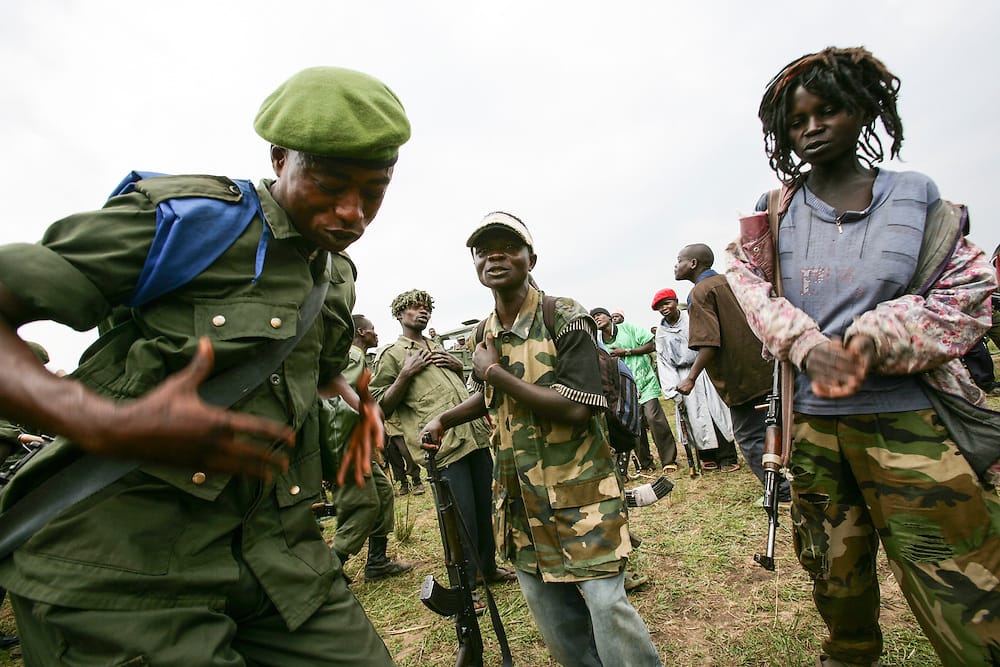
"Rumors run rampant within the ranks. Soldiers know the M23 is always one step ahead, and their officers often abandon them when the situation becomes critical. Congolese propaganda has also instilled in them the belief that Tutsi soldiers are invincible, fighting with unparalleled skill and determination. The claim that Rwandan soldiers are among the M23 ranks has further demoralized them. This demonization of the Rwandan army has convinced FARDC soldiers that they are up against 'super soldiers.'”
"With the Wazalendo militias and the FDLR now hesitant to be used as cannon fodder, regular FARDC troops must fill the gap. But even if you send 10,000 poorly trained soldiers against a few hundred well-trained M23 fighters, they will still flee.”
“The absence of SADC troops and mercenaries in the current fighting is also significant,” comments a diplomat in Kinshasa. “While they provide logistical support and advise FARDC generals behind the frontlines, they refuse to engage in direct combat. Kinshasa is putting considerable pressure on them to take a more active role, but so far, their contribution has been minimal. Additionally, Kinshasa is hesitant to use its drones and jets, knowing they would likely be shot down by the rebels in no time.”
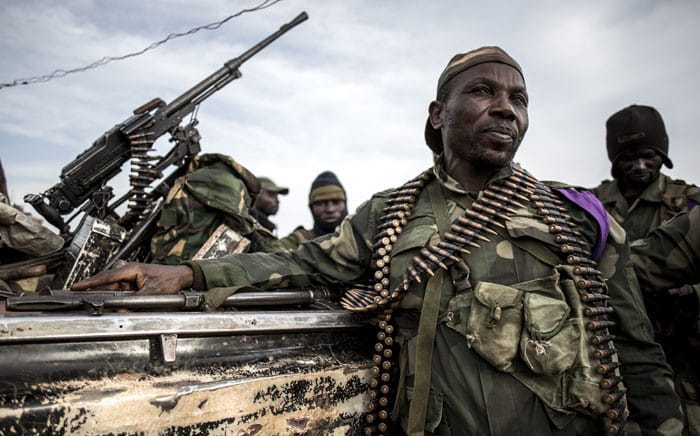
Consolidation
Sources within the M23 reveal that the plan to capture Goma has been shelved for the time being. “We will continue to increase pressure on Kinshasa,” says an elder in Gisenyi. “We can achieve this by pushing north to Butembo, where the Nande live and conduct business. Some of their leaders are already on our side, and others may not want to see their businesses destroyed by this war. Tshisekedi becomes a liability to them as long as he refuses to negotiate with the M23. Nande politicians have significant influence and can exert considerable pressure on Tshisekedi in Kinshasa.”
“If we compare the current situation under M23 control to the previous FARDC rule, we must admit that things are much better now,” says a local businessman in Bunagana. “There are almost no roadblocks between here and Kibumba, where soldiers used to extort money. The M23 soldiers are far more disciplined, which has improved our daily lives significantly. “
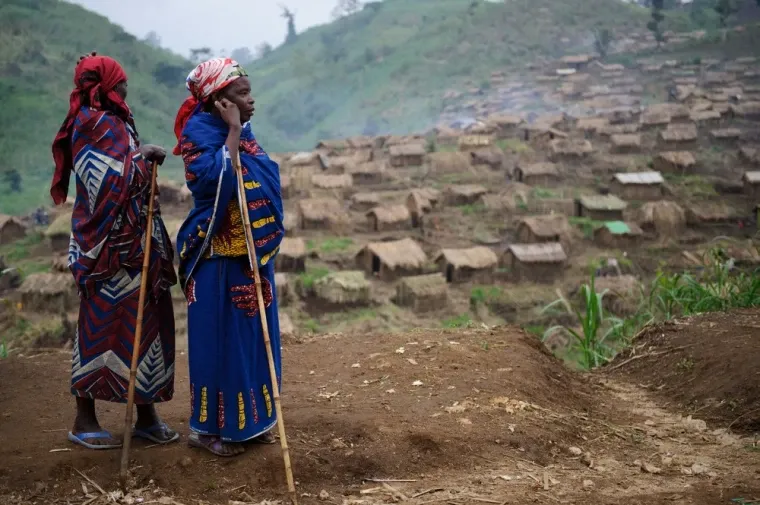
"The problems arise when we try to bring goods into Goma. We are forced to smuggle them in and pay off FARDC soldiers and Wazalendo militias. The people of Goma bear the cost of this. Many of those who fled Kibumba when the M23 advanced a few years ago are now being held in camps around Goma. Meanwhile, the M23 has reopened schools and medical dispensaries and appointed new administrators to oversee villages and small towns. These administrators are generally accessible to the population and do not act like little 'pashas' ruling over their fiefs. The M23 has made it clear that they intend to stay.”
“Even when it comes to negotiations with Kinshasa, we will never abandon the administrative structures we are now expanding and consolidating,” adds a high-ranking M23 official. “Those who believe that our soldiers will be disbanded after negotiations, and that the FARDC and the corrupt Congolese police will regain control of this region, are dreaming with their eyes wide open. The more time we have to expand and deepen our roots, the harder it will be to remove us.”
South-Kivu
Another increasingly significant element is the growing tension in South Kivu, where an alliance of Burundian, Congolese, and FDLR troops is fighting the so-called “Twirwaneho,” a Banyamulenge self-defense rebel group. This group emerged when the local Banyamulenge population—all of whom are Tutsi—became targets of racism, persecution, and hostility from local militias and the FDLR.
The situation became even more complex when the Burundian government deployed troops and radical Burundian Hutu extremists, known as the "Imbonerakure," into Congo to assist the FARDC and to neutralize Burundian rebel groups such as the Palipehuto-FNL and the Red Tabara. Twirwaneho has been gaining increasing support among Tutsi communities, who view its commander, Michel Rukunda, also known as “Makanika,” as their only true leader.
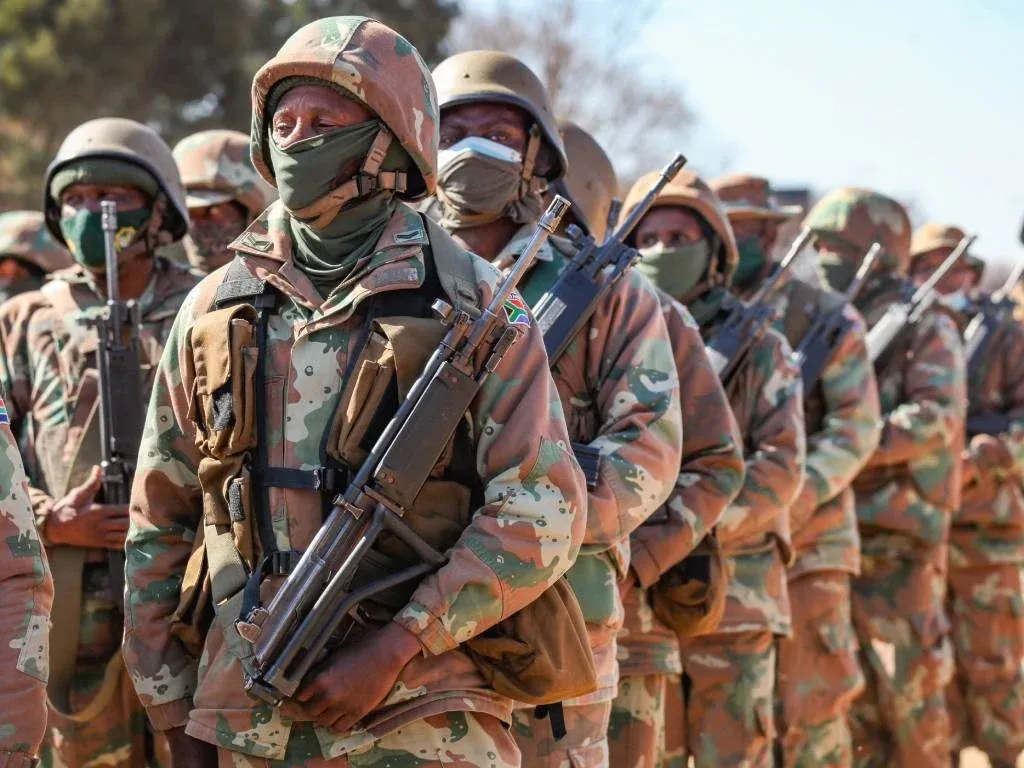
Rukunda, a former FARDC officer, deserted the army after witnessing the killings and discrimination faced by his friends and family in the Kivus. He enjoys widespread support from the Banyamulenge, both within and outside Congo. In the United States, expatriate Banyamulenge have even launched a fundraising campaign to finance his activities.
The Twirwaneho have delivered several significant blows to the FARDC, the FDLR, and the Burundian army. Makanika recently left his stronghold in Bijombo for the Minembwe plateau, the cultural and geographical heart of the Banyamulenge community. Calls are now being made for Banyamulenge soldiers and officers still in the FARDC to desert and join this self-defense unit.
“Makanika combines guerrilla warfare with traditional tactics and possesses the charisma to reunite the fragmented Banyamulenge fighting community,” explains a Congolese scholar who has conducted extensive research in South Kivu. “The Tutsi population has been systematically targeted and killed, and for a long time, they were left without protection.”

"The Banyamulenge remained loyal to Kinshasa far longer than the Bagogwe under Sultani Makenga. In 2013, many of them even fought alongside the FARDC against the M23. However, Tshisekedi betrayed them by propagating the false narrative that all Tutsi are devilish Rwandans. His Minister of Information, Patrick Muyaya, played a significant role in spreading this lie. As a result, hundreds of innocent Tutsis were killed in South Kivu, and many remain unprotected to this day.”
"There is credible evidence that Makanika has sought support from Kigali and the M23. Several of his commanders have reportedly been sent to North Kivu for additional training by the M23. He has also established links with the River Congo Alliance, led by Corneille Nangaa, the M23's political wing.”
"If Makanika succeeds in transforming his group into a well-organized and disciplined army, the FARDC, the Burundians, the local Mai-Mai militias, and the FDLR will face yet another insurmountable challenge. In such a scenario, Bukavu and Kavumu could be approached and encircled from two fronts: by the M23 in the north and by Makanika in the south.”
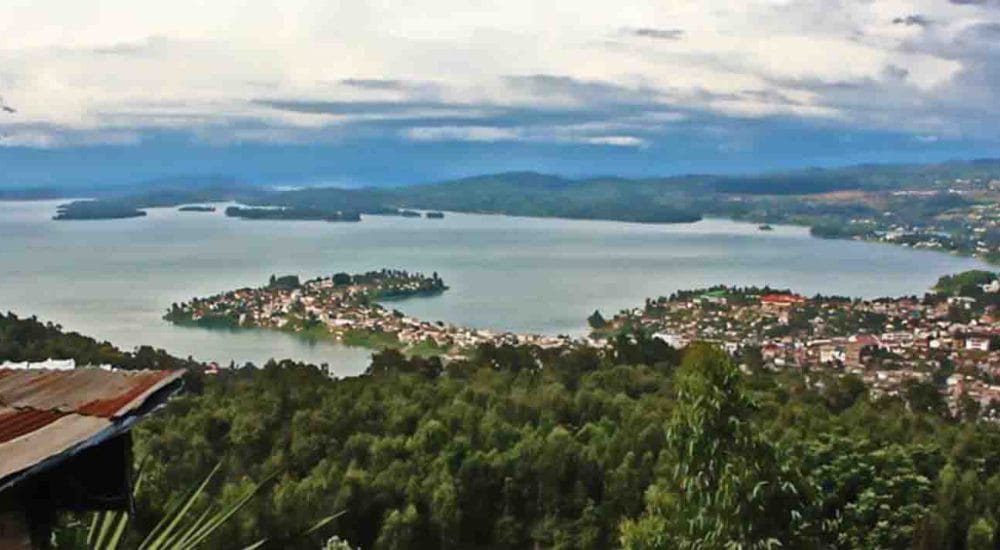
Jumping Jacks
“Tshisekedi’s antics, caprices, and tricks to mislead everyone are becoming a real nuisance now,” a diplomat in Kinshasa, who is in daily contact with the president’s inner circle, told us. “The Congolese government agreed to negotiate with the M23 but refused to sign the agreement that would formalize it. The Angolans informed us of this and also expressed their frustration with this ongoing charade. Tshisekedi even had the audacity to show up in Luanda knowing full well that Kagame would not attend in person. Yet, it was Tshisekedi who refused to honor the previous agreements. “
“It’s too absurd to believe: first, he launches an offensive against the M23 in northern North Kivu while doing nothing to address the FDLR issue. On the contrary, he even provided them with more weapons. Nobody has criticized him for bringing in mercenaries or arming those Wazalendo militias. Yes, Rwanda is violating international laws by supporting the M23, but Tshisekedi’s reckless behavior and deceit are truly beyond the pale. Even a kindergarten child would face consequences for behaving like this.”
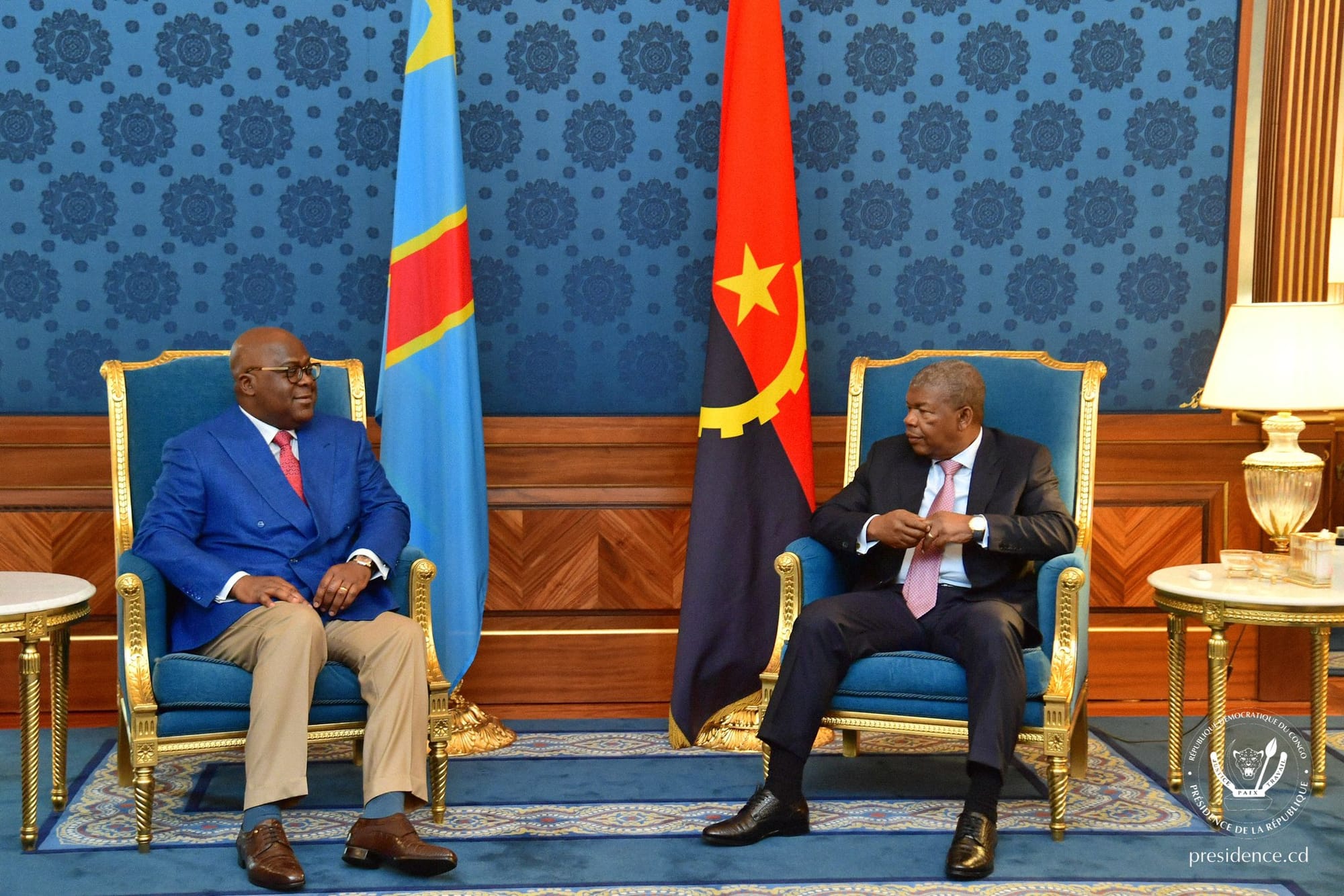
“We are reporting all of this to our governments in Europe, but none of them seem willing to act or hold Tshisekedi accountable.”
“The M23 is now running the show in the Kivus,” summarizes a military analyst. “We’ve been monitoring Makanika’s movements and his connection with the M23. I don’t believe the M23 will push further than Butembo in the north, as that area is already about 80% under Ugandan control. However, they may attack Sake to harass the mercenaries and increase pressure on Tshisekedi. Disrupting that coalition would be another way to destabilize him. “
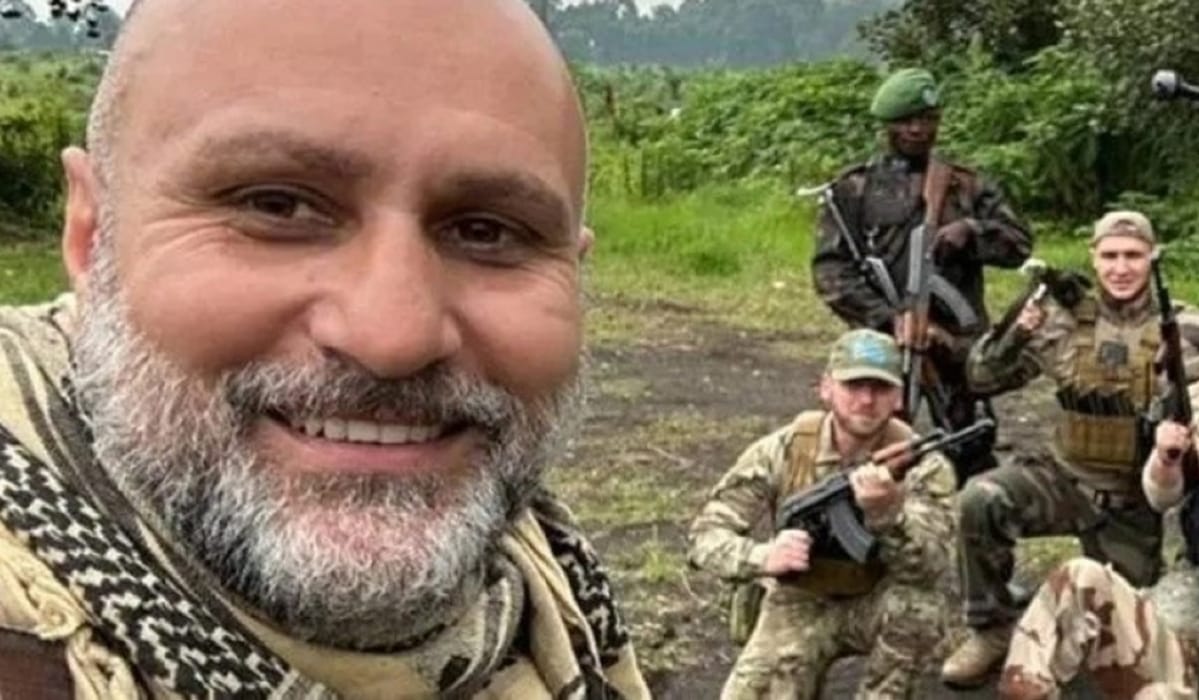
“Nobody will shed a tear if that group starts losing members. I also think the strategy to encircle Bukavu is realistic, which might explain why they’re avoiding Goma for now. Ultimately, the Congolese government’s stubbornness is a hidden gift for the rebels, who are tightening their grip on the region and expanding their influence. Soon, dislodging them may become impossible.”
To be continued...
Adeline Umutoni & Marc Hoogsteyns, Kivu Press Agency
